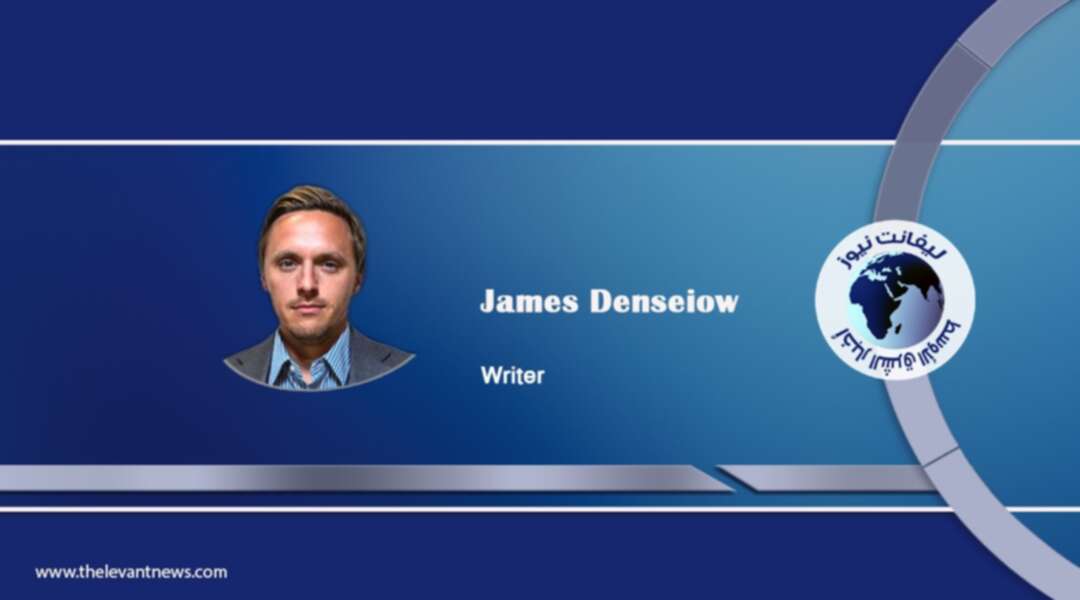-
The Rise of Coronavirus Conspiracy

It is perhaps unfortunate that the world happens to be hit by a deadly global pandemic at what is potentially the high-water mark of populist nationalist leaders. The approach to the truth adopted by leaders such as Presidents Trump, Putin and Bolsonaro is extremely flexible to say the least. Stalin once said that “a single death is a tragedy; a million deaths is a statistic”, perhaps many of the world’s modern leaders see the same equation being applied to what is truth. In the past a single lie could potentially end a political career, today, according to the Washington Post, Trump has over the course of 1,170 days made 18,000 false or misleading claims and he may be re-elected in 2021.
Such an avalanche of false claims from the bully pulpit of what is considered the single most powerful position on the planet, has a reverberatory effect that steadily defines the politics of the age. So much so that even before COVID-19 arrived on our doorstep we were talking about living in a ‘post-truth’ world. The American politician Daniel Patrick Moynihan famously said that “you are entitled to your opinion. But you are not entitled to your own facts.” Today the ‘post-truth’ world supported by an infrastructure of social media that allows an almost infinite number of virtual communities to form, has produced the ultimate breeding ground for the conspiracy theory.
I say ‘the’ conspiracy theory as despite there being huge variety of manifestations of conspiracy, from the faking of the moon landings to the presence of aliens at Roswell, they all tend to originate from the same starting point; a fundamental distrust in institutions, the media and reporting of a world not seen by the individual concerned. This is a powerful confluence of ideology, technology and society and its consequences can be seen in some of the responses to the current COVID-19 crisis.
The traditional conspiracy has at its core a potentially realistic narrative. One of the earliest ones to emerge on the COVID era was that the virus was not passed from animals to humans in a wet market in the Chinese city of Wuhan, rather it was a biological weapon that was either accidentally or purposefully released from a laboratory in the city. Putting aside the questions as to why the Chinese authorities would allow or want the virus to escape, the fact that the Wuhan Institute of Virology was based there means it is a simple conspiracy to explain. Indeed much like the virus itself, the notion of the it being a manufactured disease has been hugely reported and is something that President Trump and his cabinet regularly hint too, despite Anthony Fauci, the director of the US National Institute of Allergy and Infectious Diseases, telling National Geographic magazine that the evidence is “very, very strongly leaning toward this could not have been artificially or deliberately manipulated”.
Online reporting of rumours, stoked by populist leaders who see the geopolitical benefits, are a powerful force. Trump would rather people blamed China for the lose of jobs, loved ones or livelihoods than blame him. One conspiracy fuel another and one of the most iconic of the current crisis has been that China are using 5G phone masts to produce huge amounts of radiation that create and spread the virus. On social media these theories are shared, and rumour is reported as fact that can metastasise into real world impact; indeed, people have been attacking and burning down 5G masts in response.
However, the more subtle conspiracies are arguably more insidious and dangerous. The complexity around how and who Coronavirus kills people has led to the conspiracy theory that the US’s COVID-19 death toll is being inflated by unrelated medical conditions. Again, the political purpose of the theory is to defend a political project and in this case President Trump, but it starts with something that could be true, the manipulation of statistics, and takes it to an extreme conclusion.
Fundamentally where conspiracy theory causes the most damage is to the DNA to a nation’s collective identity. As hugely divergent consensus as to what is true continue to spread then a common struggle, such as defeating a virus, can be torn apart. One commentator joked that soon they’d need to be weather forecasts for Republicans and one for Democrats as the two political projects increasingly distrust entirely anything that is not explicitly ‘their’ truth. History will tell how much conspiracy has undermined the US response to the crisis but with individual states already taking drastically different approaches to public health and the economy, conclusive evidence may be not too long in coming

by : jamse danselow
Tags
You May Also Like
Popular Posts
Caricature
BENEFIT Sponsors BuildHer...
- April 23, 2025
BENEFIT, the Kingdom’s innovator and leading company in Fintech and electronic financial transactions service, has sponsored the BuildHer CityHack 2025 Hackathon, a two-day event spearheaded by the College of Engineering and Technology at the Royal University for Women (RUW).
Aimed at secondary school students, the event brought together a distinguished group of academic professionals and technology experts to mentor and inspire young participants.
More than 100 high school students from across the Kingdom of Bahrain took part in the hackathon, which featured an intensive programme of training workshops and hands-on sessions. These activities were tailored to enhance participants’ critical thinking, collaborative problem-solving, and team-building capabilities, while also encouraging the development of practical and sustainable solutions to contemporary challenges using modern technological tools.
BENEFIT’s Chief Executive Mr. Abdulwahed AlJanahi, commented: “Our support for this educational hackathon reflects our long-term strategic vision to nurture the talents of emerging national youth and empower the next generation of accomplished female leaders in technology. By fostering creativity and innovation, we aim to contribute meaningfully to Bahrain’s comprehensive development goals and align with the aspirations outlined in the Kingdom’s Vision 2030—an ambition in which BENEFIT plays a central role.”
Professor Riyadh Yousif Hamzah, President of the Royal University for Women, commented: “This initiative reflects our commitment to advancing women in STEM fields. We're cultivating a generation of creative, solution-driven female leaders who will drive national development. Our partnership with BENEFIT exemplifies the powerful synergy between academia and private sector in supporting educational innovation.”
Hanan Abdulla Hasan, Senior Manager, PR & Communication at BENEFIT, said: “We are honoured to collaborate with RUW in supporting this remarkable technology-focused event. It highlights our commitment to social responsibility, and our ongoing efforts to enhance the digital and innovation capabilities of young Bahraini women and foster their ability to harness technological tools in the service of a smarter, more sustainable future.”
For his part, Dr. Humam ElAgha, Acting Dean of the College of Engineering and Technology at the University, said: “BuildHer CityHack 2025 embodies our hands-on approach to education. By tackling real-world problems through creative thinking and sustainable solutions, we're preparing women to thrive in the knowledge economy – a cornerstone of the University's vision.”
opinion
Report
ads
Newsletter
Subscribe to our mailing list to get the new updates!






















